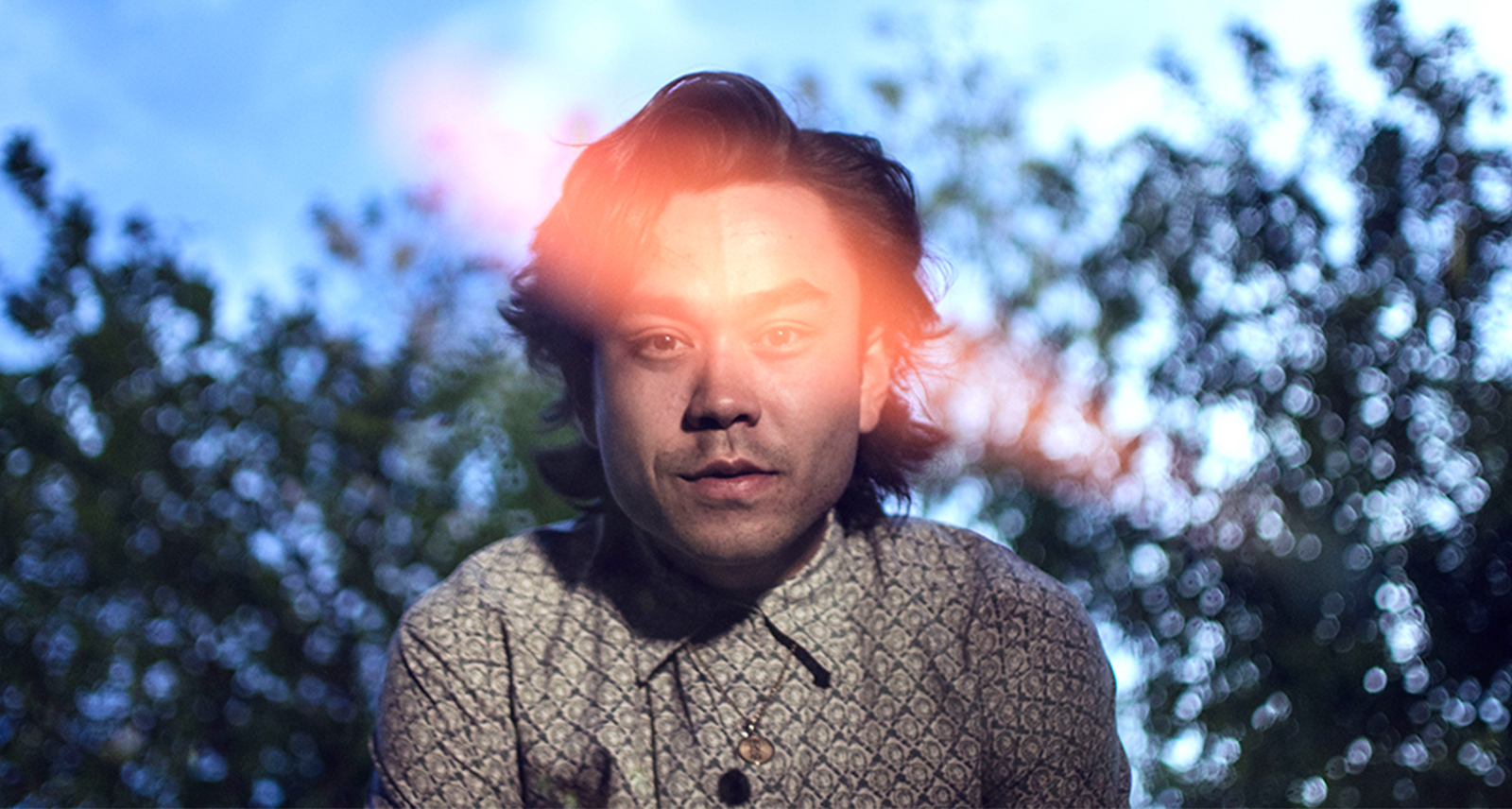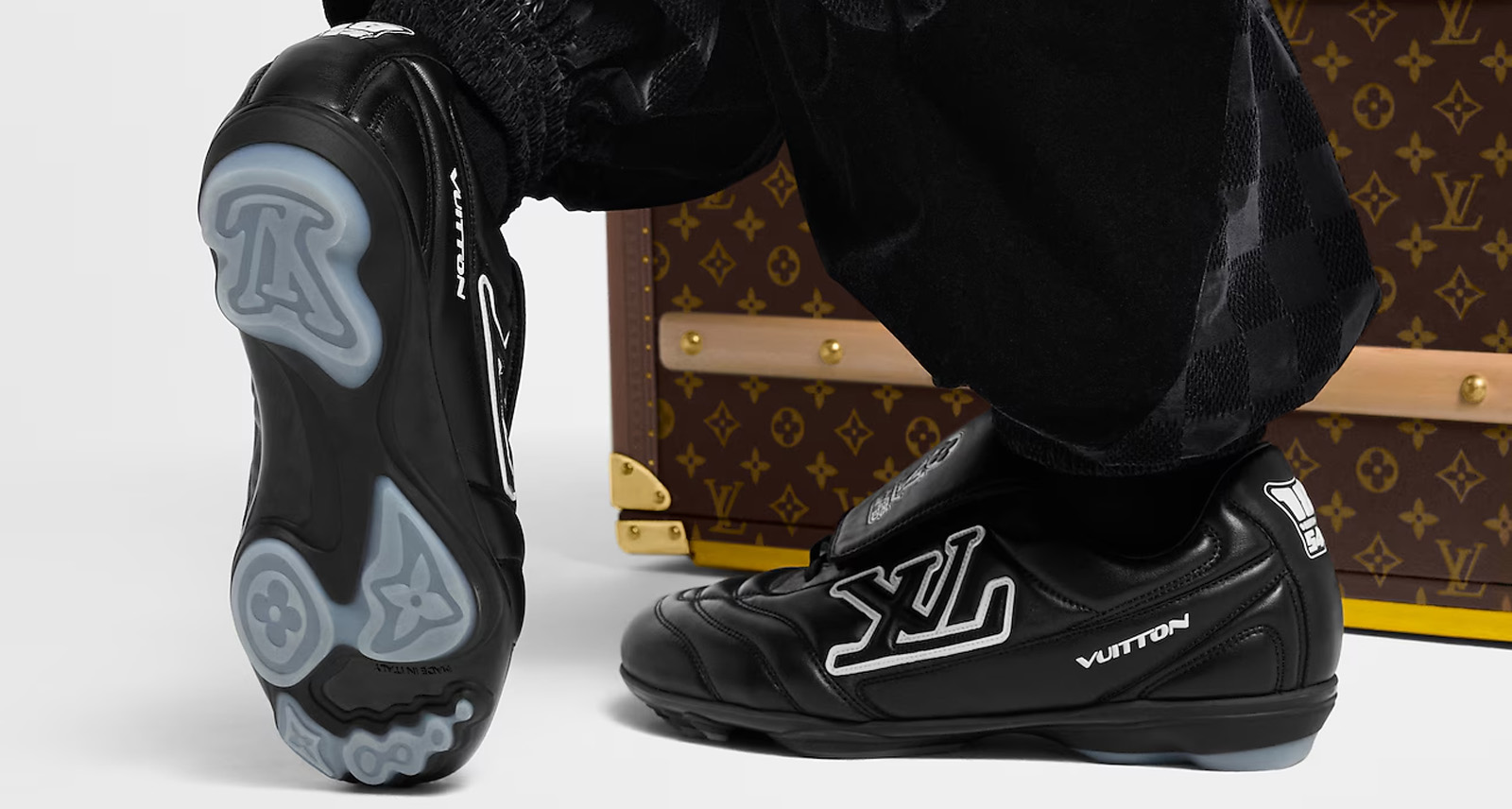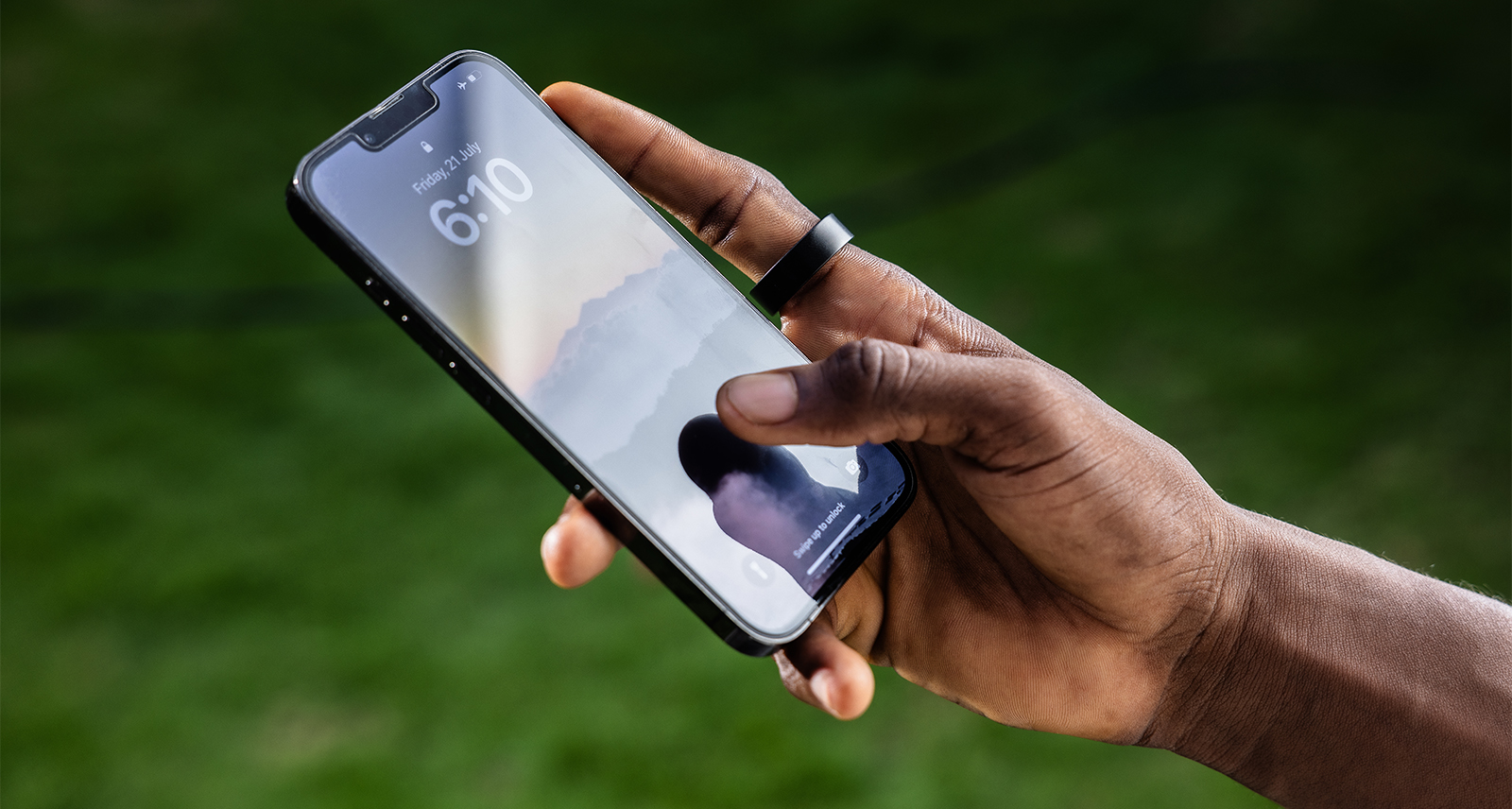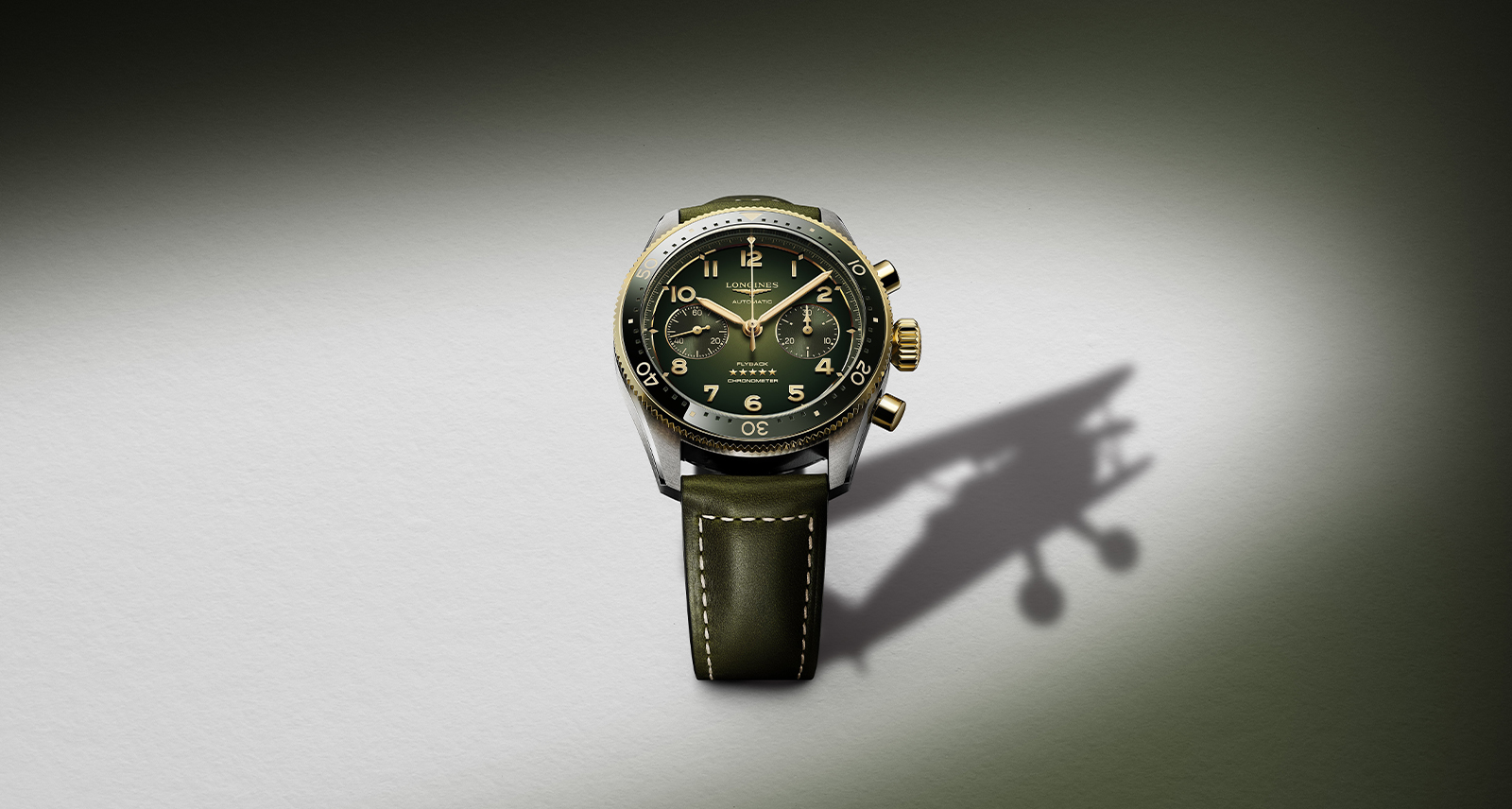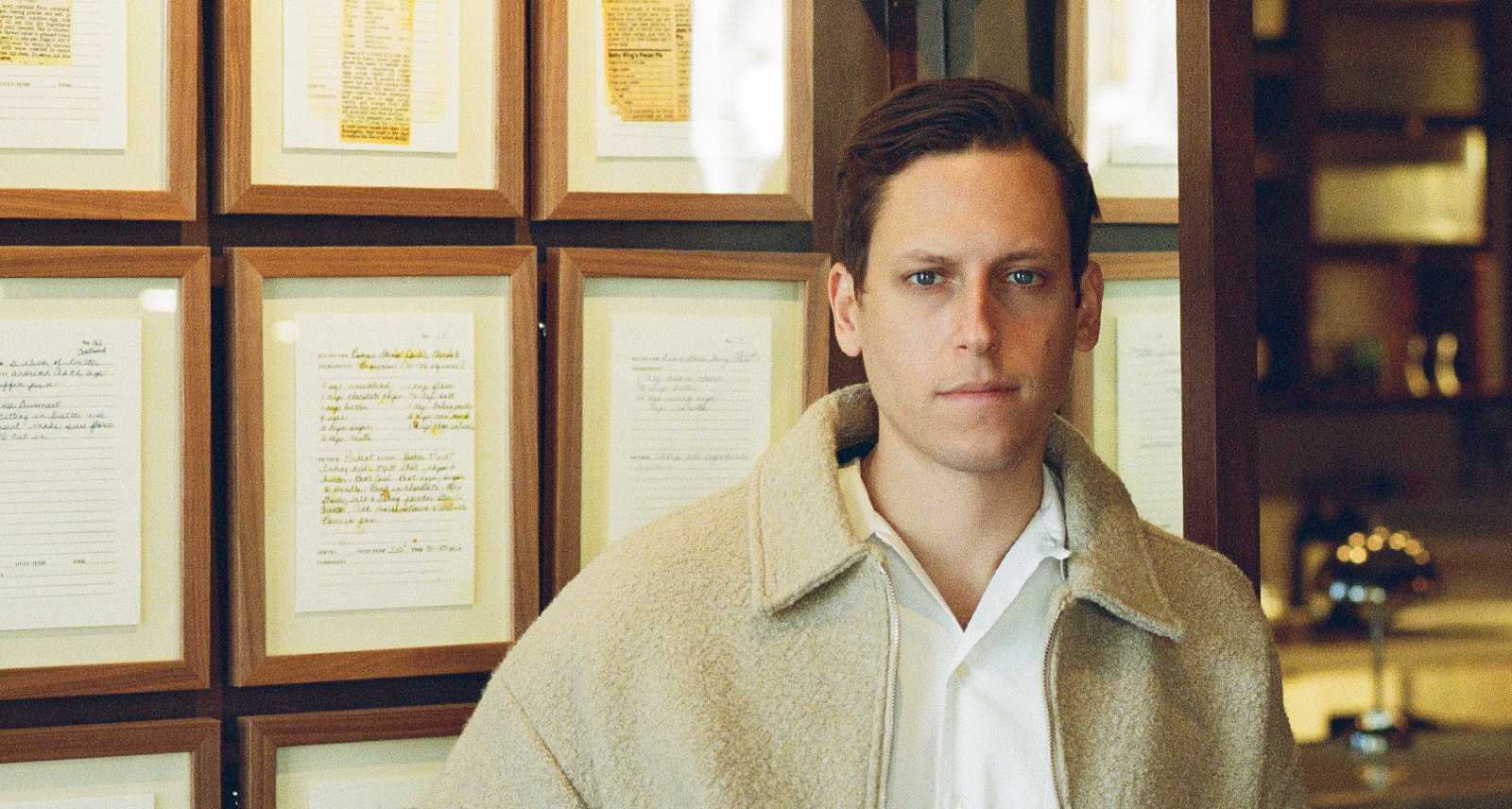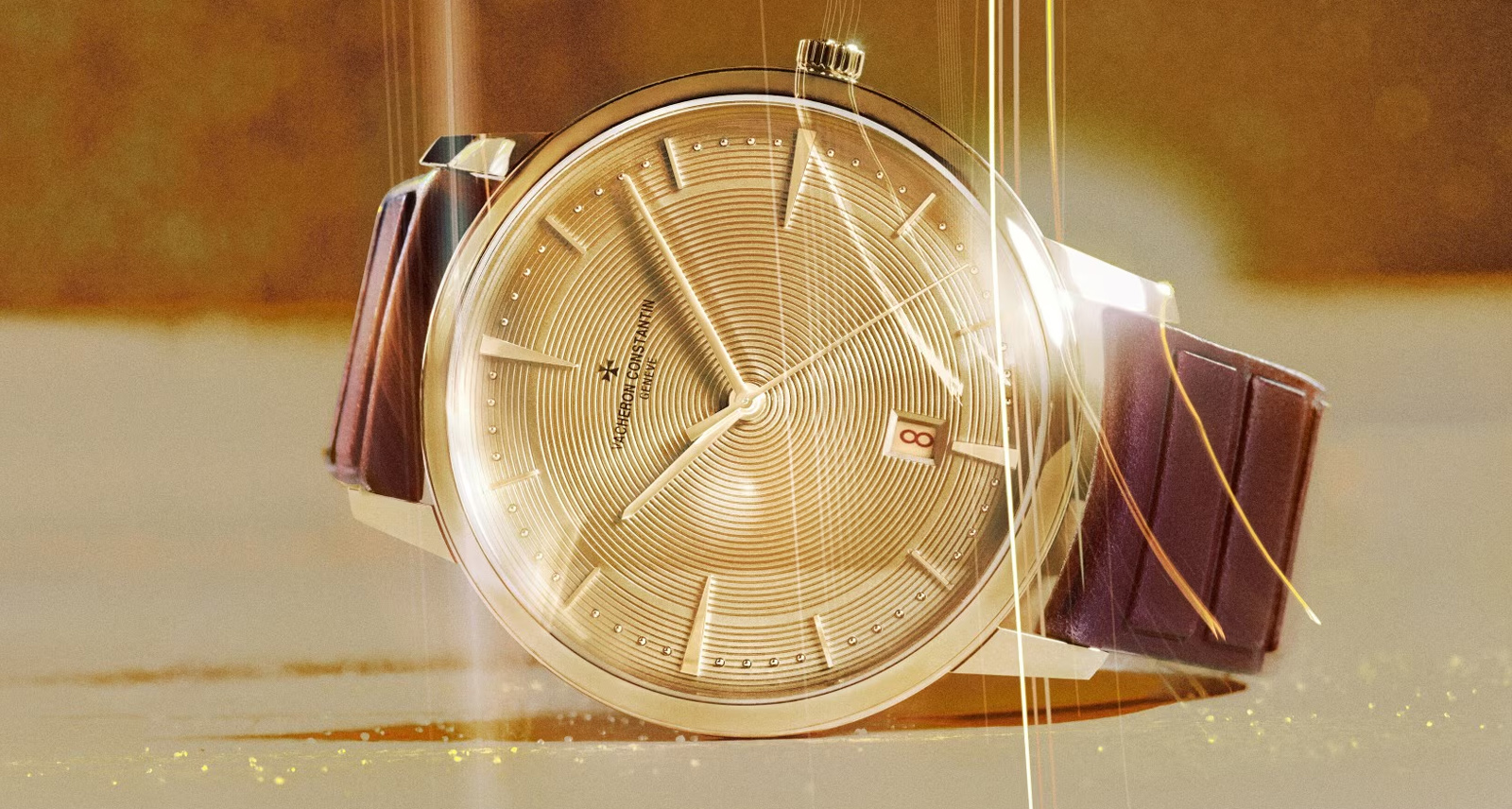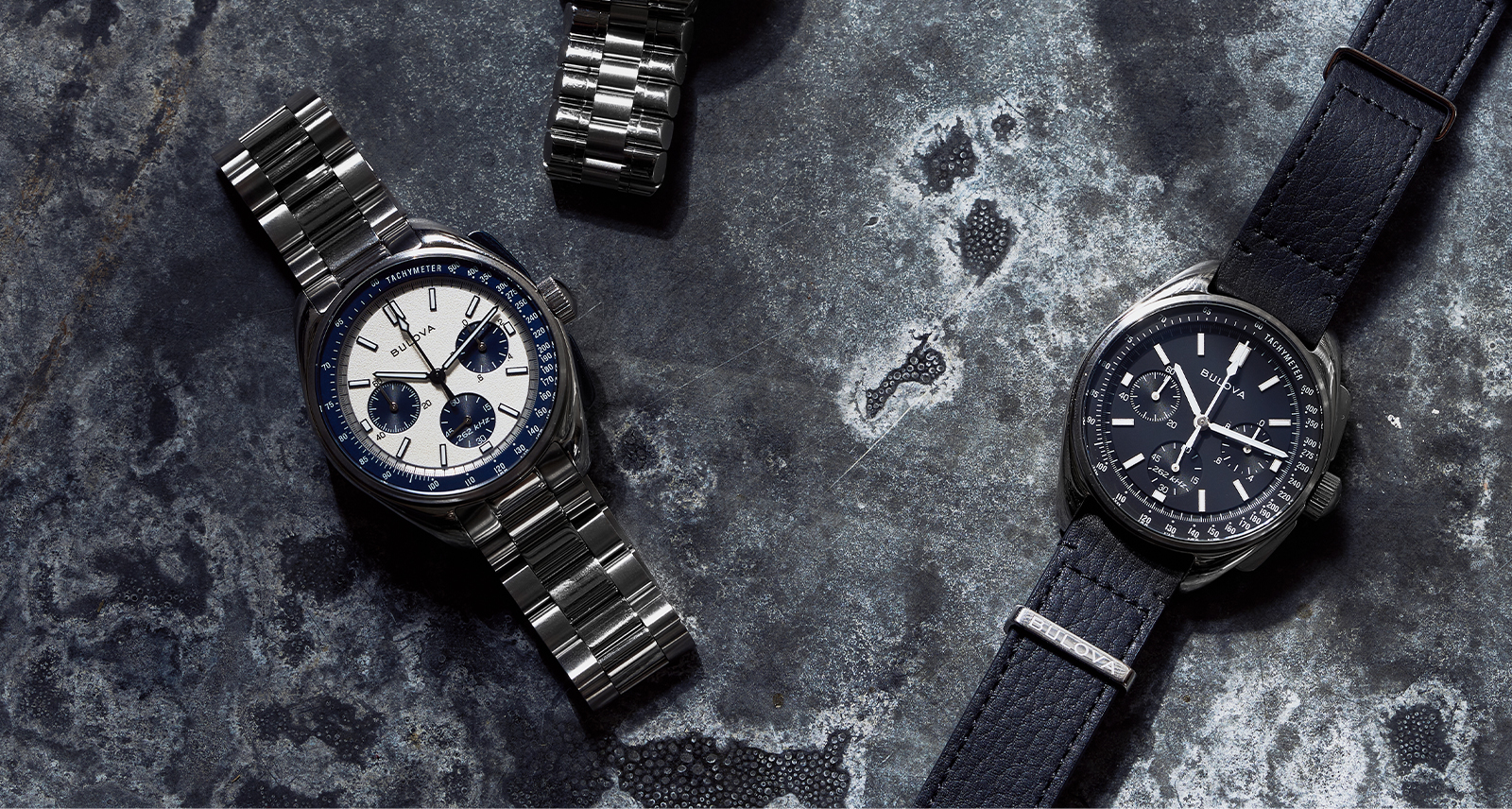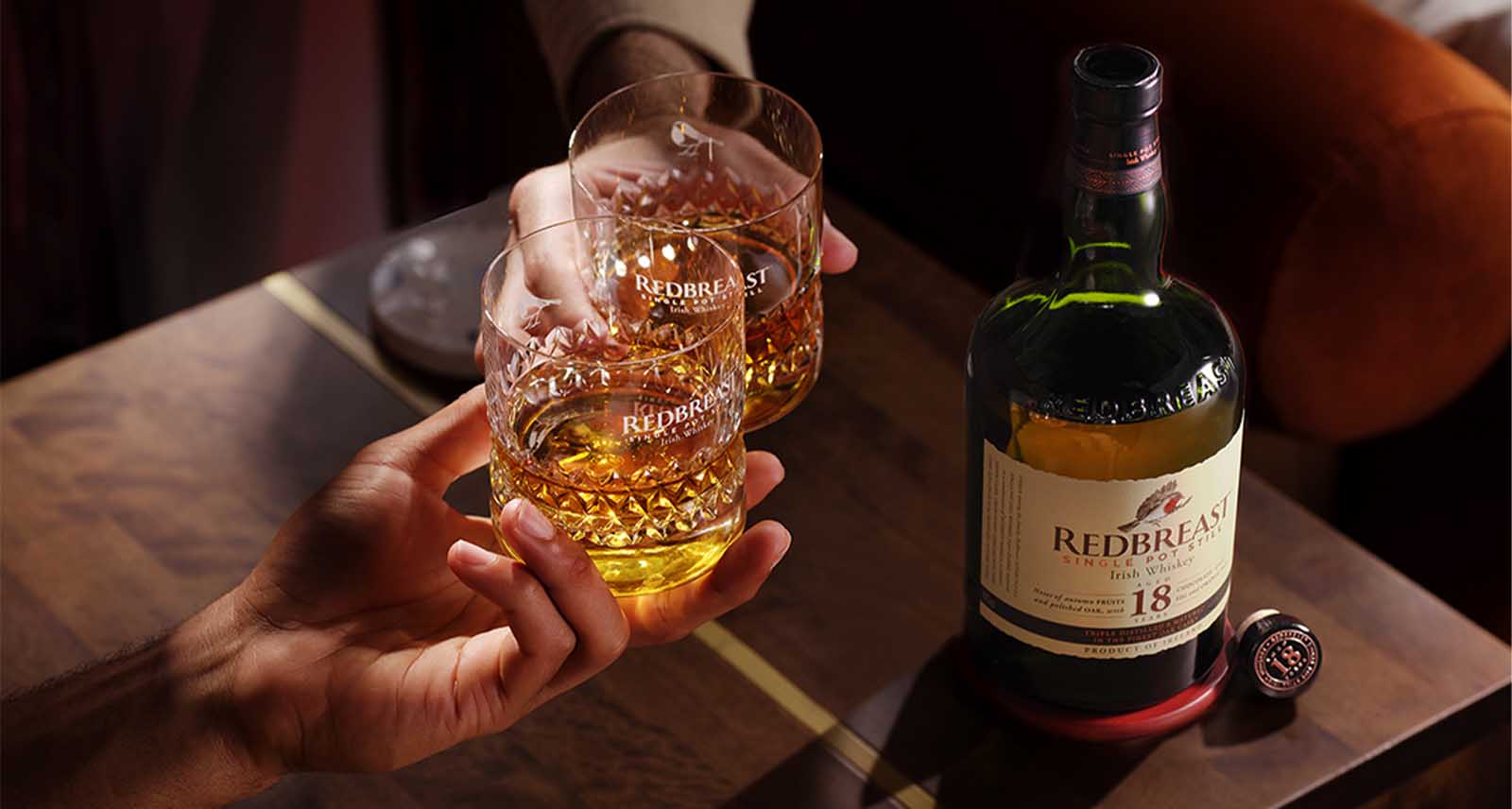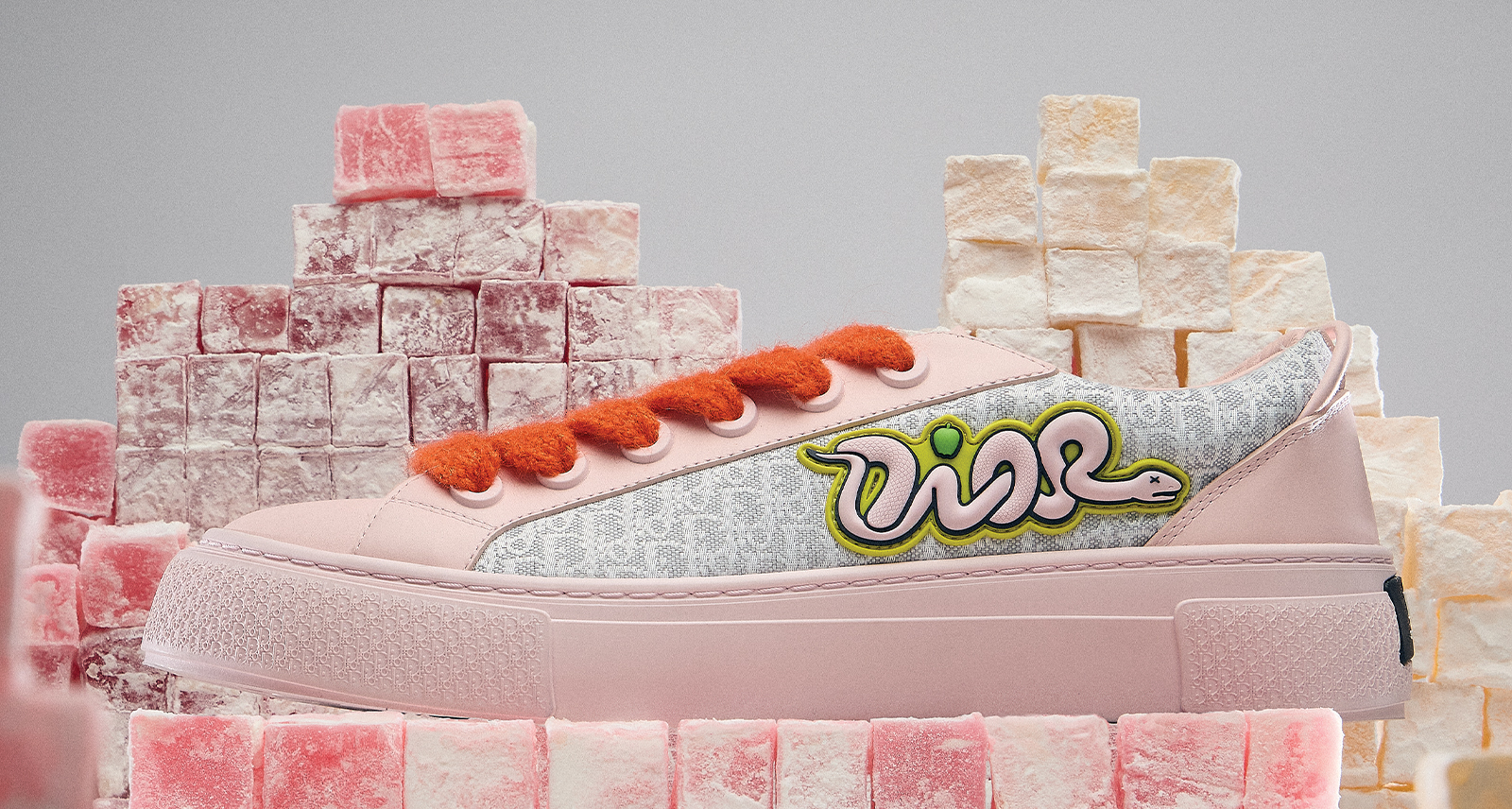Toronto Artist kintaro’s First Solo EP Is a Love Letter to His Late Father
Toronto-based singer-songwriter kintaro’s debut solo project, To Death, with Love, out today, was a true labour of love. With the 2018 passing of his father, Japanese–Canadian actor and musician Denis Akiyama, kintaro was confronted with the ephemeral nature of life for the first time. The result is a meditation on life, death, and grief; an artist trying to make sense of — and art about — his father’s death. kintaro actually used his father’s vintage trumpets, pianos, and an old Fostex cassette machine to create 80s-inspired jazz beats and rich acoustic compositions. The EP’s fifth track “The River” is the most direct and explicit homage to his father — Denis himself wrote the song at kintaro’s age.
Over Zoom, kintaro talks going solo, his father’s legacy, and what’s next for him.
What’s the story behind the EP?
Three years ago my father passed away. [His death] was a huge catalyst in my life and really shifted my perspective on everything. It was by far the biggest change I’ve ever experienced. But in the past little while, I’ve learned to take a lot of greatness away from that and become very thankful and appreciative of the time I have, the community I have, and the passion I have.
The album is called, To Death, with Love, and it’s an homage to my late dad. It’s a reminder that, you know, all you have in this world is to love and live when you’re still here, because death is the inevitable thing that sneaks up on you. Obviously, there’s great sadness that comes with losing someone, but I think you can also appreciate everything they had in their life and everything they’ve given you. I really tried to capture my own experiences with death.
Sonically, I wanted to engage with some sounds that have always inspired me — there are some jazz- and R&B-leaning sounds that I haven’t expressed in my other projects. It was an exploratory process for me.
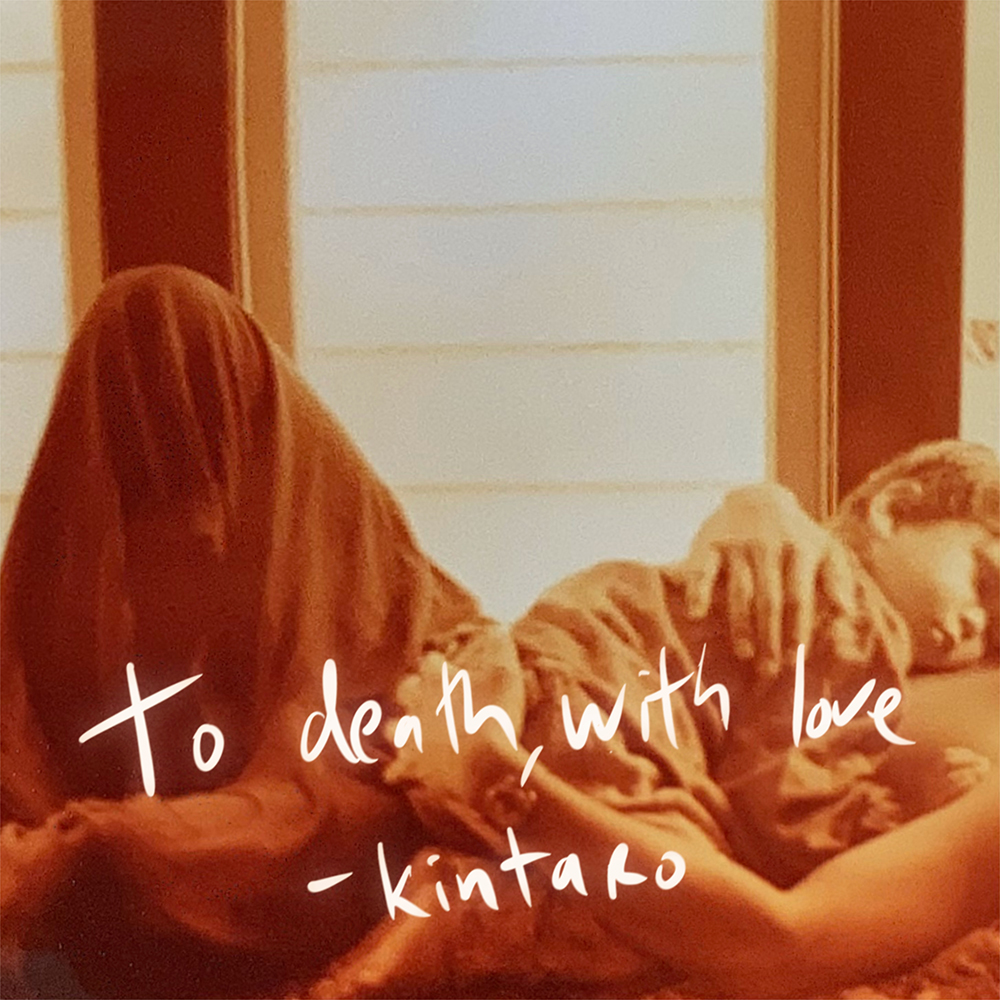
Your father’s influence on your life looms large on the album. How were you able to mine your grief to create art?
Grief was something I didn’t really understand before this whole process. In saying that, in the first year after my dad’s passing, I had a crazy creative outpour lyrically that I hadn’t really known in myself before. I was writing a lot about my experiences. I think, in some way, it was a therapeutic thing that helped me consolidate those emotions and recognize them. A lot of the stuff just sat on a page — or I guess on the Notes app in my phone — and it took me a little while to come out of the fog of what had happened. I had to go through those ideas, harvest something, and dissect what the sentiments I was feeling were. I think love was really the number one thing — like the love I have for my father, the love I have for everyone else, and a love I have for myself. So, recognizing that has been a huge catalyst.
What’s your writing process like?
The writing process happened over a long period of time, especially from a lyrical perspective. They were just words that I had written down, some of them had melodies and ideas, but they were very loose. It wasn’t really until the beginning of the pandemic, or slightly before then, that I decided I wanted to make something of it and turn it into music. The songs came one after another and there was an evolution to the production style. As I finished one song, [I would think], oh, what do I love about this song and how can I make a cohesive project while also having different elements? I tried to pay homage to my dad’s musical style. He was in a band in the ’80s called Pukka Orchestra. [With his passing], I inherited a lot of great analog gear. I used his guitars, old drum machines, and cassette recorders to try to emulate that ’80s vibe. Naturally, everything else I’ve experienced also incorporated itself into my music. I studied jazz and upright bass at McGill University, so a lot of those influences came through as well. It always ends up being like a mixing pot of your experiences and your studies and with that, I tried to create a cohesive yet different sounding album.
Right. So how is your process different when working on your solo material than when collaborating with Birds of Bellwoods?
It’s been an interesting time, to say the least. I’ve been collaborating with these guys for so long — I’m actually in our studio right now! I think the pandemic put a lot of things into perspective. We were doing a couple of virtual sessions but we realized that it’s not the most ideal way to work.
I think you have different voices, right? I love playing rock music — it’s loud, fun, and upbeat so there’s definitely that side to me. But I think there’s also a quieter, more introspective side. This album means a lot to me and has a very impactful story. And so, I just felt like those [folk-rock] songs wouldn’t necessarily translate into this context. I love the collaborative process and I think that’s super important, but I also think that you have to respect people’s internal sentiments. It’s been a great learning process to be able to kind of divide those things and to see what is meant for me and what is meant for the band.
For sure. This project is entirely written, recorded, and produced by you. When you’re working entirely independently, is that creative control daunting or liberating?
Yeah, that’s definitely the battle. I think at the beginning, it was slightly liberating for me because I was collaborating all the time. But it can also be daunting. I tried to set some goals for myself. I think if you set constraints, it makes things a lot easier. As soon as I recognized there was a theme to the album lyrically, I was just like okay, these songs work, and these songs don’t. [The EP] is about my experience with death and love so setting those constraints just made it a lot easier. Sonically, as soon as I kind of tapped in on something, I was able to run with it. Sometimes it [can be] tricky in that no one else is helping you but it’s also a huge relief to not battle over what you want the guitar progression to sound like — it’s just up to me, you know? I don’t have to wait on other people, I can make songs at 4 a.m. if I want to. All that said, I think both are very valuable.
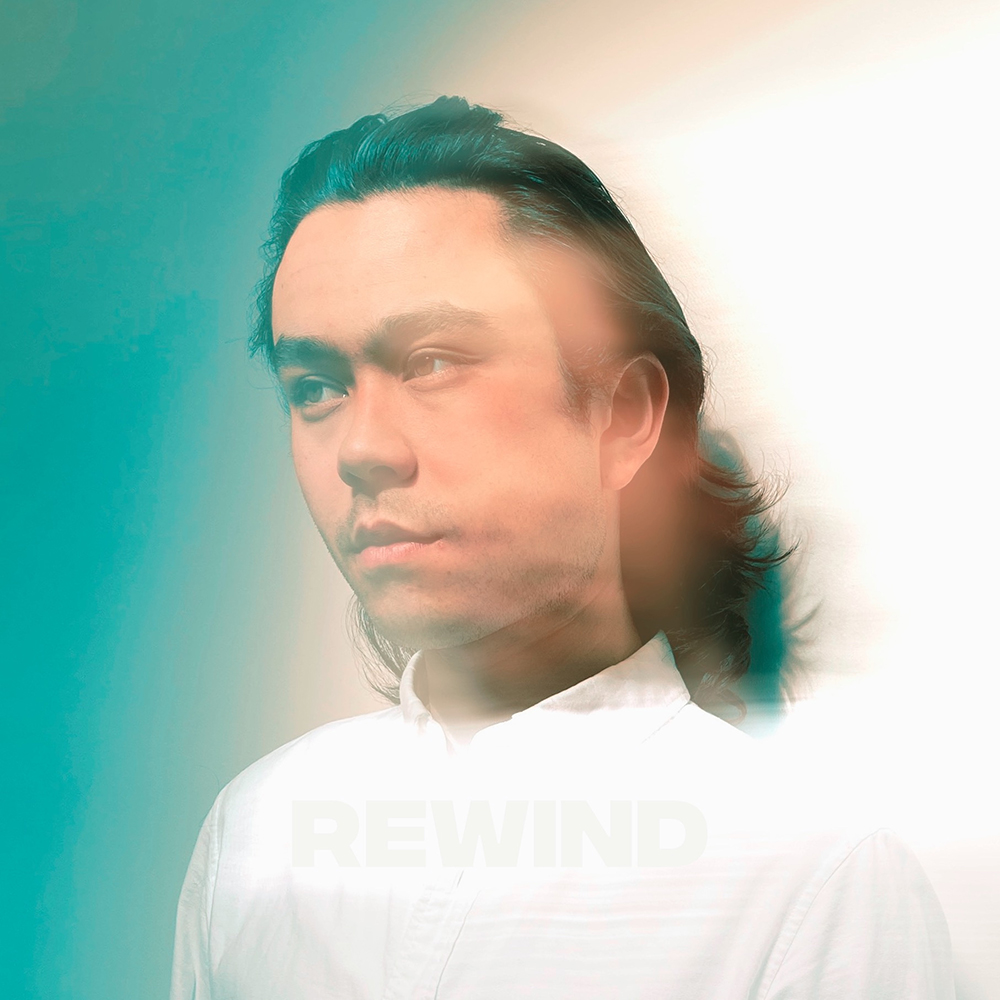
Right. What do you want people to take away from this album?
I mean, step one is just having people listen to it!
For this project, I tried to tap into some real human sentiments. Like, the one thing people say is death and taxes are the only things you can’t avoid, but that’s not true. You can avoid your taxes, I’m not recommending that but you can. You can’t avoid your own death. I think everyone should recognize that fact and that the people around you, like your parents or your loved ones, are not going to be around forever. You need to cherish the time you do have with them and with yourself. We need to exude love and soak in all life has to offer. We need to make every moment special. People don’t take time to themselves anymore. The album is 20 minutes — which can feel like a long time if you have a busy day but sometimes you need to take [that time] to sit down, let your day sink, and let your emotions hit you and I think the EP can help people with that.
I think people need to just take some time to find what they love in the world and who they love and let that be your treat to yourself before death comes to find you.
What was the most challenging part of making this album?
Staying fucking sane. Before this album, I never really identified as a singer. My dad always used to say “find your voice” and I didn’t really know what that meant. Now I think it means a couple things — it’s your actual singing voice [which] is literally a projection of yourself but also what you have to say. Everyone’s got their voice, whether it’s small or loud. Finding my own voice, like my sonic voice, and what I had to say was hard. You know the saying “the easiest and hardest thing to do is just be yourself?” I think that’s really true. I think it’s something that you don’t just figure out, you [have to] keep working on it. It’s a true craft.
Any highlights?
The process of finding the songs, and the sounds was everything. It’s amazing to look back now with a finished album, but honestly it was all about the journey. For me, it was a soul-seeking adventure. Creation has always been something near and dear to me, but I never really got to the satisfaction of completion. It has lit a fire inside me to keep creating and to explore new sounds and stories.
What’s next for you?
With Birds, we’re just about to put out an EP and then we got an album coming out. Both of those projects have been in the works for a long time. For my solo career, I’m still trying to conceptualize that, and I think in the future I want to collaborate with some other people. I also have to find out what I want to say next — I don’t just want to be the death guy all the time.
I think the sentiments of love will always remain in what I create. I am working towards a full-length album. When that’s coming? I don’t know. Hopefully, I’ll play some shows as things open up. This project is the first big step and I’m looking forward to seeing where it goes.
kintaro’s EP, To Death, with Love, is available on all music streaming platforms today. Check it out here.
